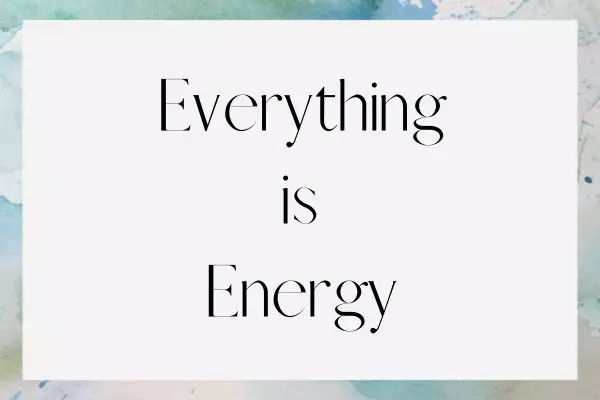If you searched for vit d deficiency treatment and expected only supplements, this article will gently shift that view and show simple, practical steps you can use at home.
You can actually use winter as a healing season.
Why Winter Isn’t Just About Vitamin D
Most people blame low vitamin D for getting sick in winter. That’s part of the story, but it’s not the whole story. Winter gives you natural tools — cold, heat, and long nights — that can help your immune system work smarter. When you treat winter only with supplements, you miss the chance to use the season itself as medicine.
Cold Exposure: A Smart, Short Stressor
Short, strategic cold exposures — like stepping outside briefly, cold showers, or mild cold plunges — act as a controlled stress on your body. That stress boosts norepinephrine, a chemical that helps you focus and temporarily increases patrol immune cells (natural killer cells, T cells, lymphocytes).
Kids naturally do this: they’ll strip off coats while playing and their bodies handle it. You can safely use acute cold exposure to:
- Increase immune surveillance
- Activate brown adipose tissue (the fat near your collarbones and upper back)
- Stimulate anti-inflammatory molecules called batokines
Heat Exposure: Mimic a Fever for Immunity
Hot showers, saunas, or time near a warm fire act a bit like a fever. Raising your body temperature briefly helps white blood cells (lymphocytes, neutrophils) search for and clear tissue damage faster. Improved circulation and lymph flow also help your immune system do its job.

People who use saunas regularly show stronger natural killer cell activity — similar to cold exposure benefits, but with a different mechanism. You can combine mild heat and cold in a safe routine to get the advantages of both.
Melatonin: Winter’s Hormone
Think of vitamin D as summer’s hormone and melatonin as winter’s. Longer nights boost melatonin, and melatonin is powerful for repair. It:
- Supports sleep and tissue repair
- Acts as an antioxidant
- Reduces inflammatory cytokines and raises anti-inflammatory signals like IL‑10
- Helps immune cells work more effectively
If you want to support your body through winter, prioritize darkness and good sleep. Avoid bright screens before bed, keep your bedroom dark, and stick to consistent sleep times so your melatonin production can do its healing work.
Practical Winter Routines to Try
- Cold: Short, controlled exposures — 30–60 seconds of cold showers or a 1–5 minute mild plunge. Start gently and increase slowly. (or try Cold Face Plunges)
- Heat: Warm showers or a sauna session once or twice a week. Use heat to relieve congestion or when you sense early symptoms.
- Darkness & sleep: Dim lights after sunset, avoid screens 60–90 minutes before bed, and aim for consistent sleep times.
- Cycle activities: Use winter for restorative exercise, lower intensity, and more recovery days to allow repair.
Winter isn’t meant to weaken you. If you rely only on supplements for vit d deficiency treatment, you may miss powerful seasonal tools. Use short cold exposures, thoughtful heat, and better darkness to help your immune system detect and repair tissue damage. These simple practices can make your winter your most restorative season.
FAQs
Is vitamin D still important?
Yes. Vitamin D plays a role in immune function, and if you have a confirmed deficiency you should follow medical advice. But vit d deficiency treatment doesn’t have to be only about high-dose supplements — include lifestyle strategies like sleep, light management, and seasonal practices for best results.
How can I start cold exposure safely?
Begin with short, mild exposures: turn the shower to cool for 30–60 seconds at the end. Work up slowly. If you have cardiovascular issues, significant anxiety around cold, or other health concerns, check with your clinician first.
Can hot showers or saunas replace medical care for infections?
No. Heat can support your immune system and sometimes shorten symptoms, but it’s not a replacement for medical evaluation if you have a serious infection or high fever. Use heat as a supportive tool and seek care when needed.
How do I maximize melatonin naturally?
Keep evenings dim, avoid screens before bed, sleep in a dark room, and maintain a consistent sleep schedule. These simple steps help your body produce melatonin for repair and immune balance.
Where can I learn more practical winter strategies?
If you want guided, short lessons to build a winter routine — covering cold, heat, melatonin, and seasonal activity — consider signing up for a winter prep program or following trusted seasonal living resources. “
Note: If you suspect severe vitamin D deficiency or have ongoing symptoms, consult a healthcare professional for testing and personalized vit d deficiency treatment






